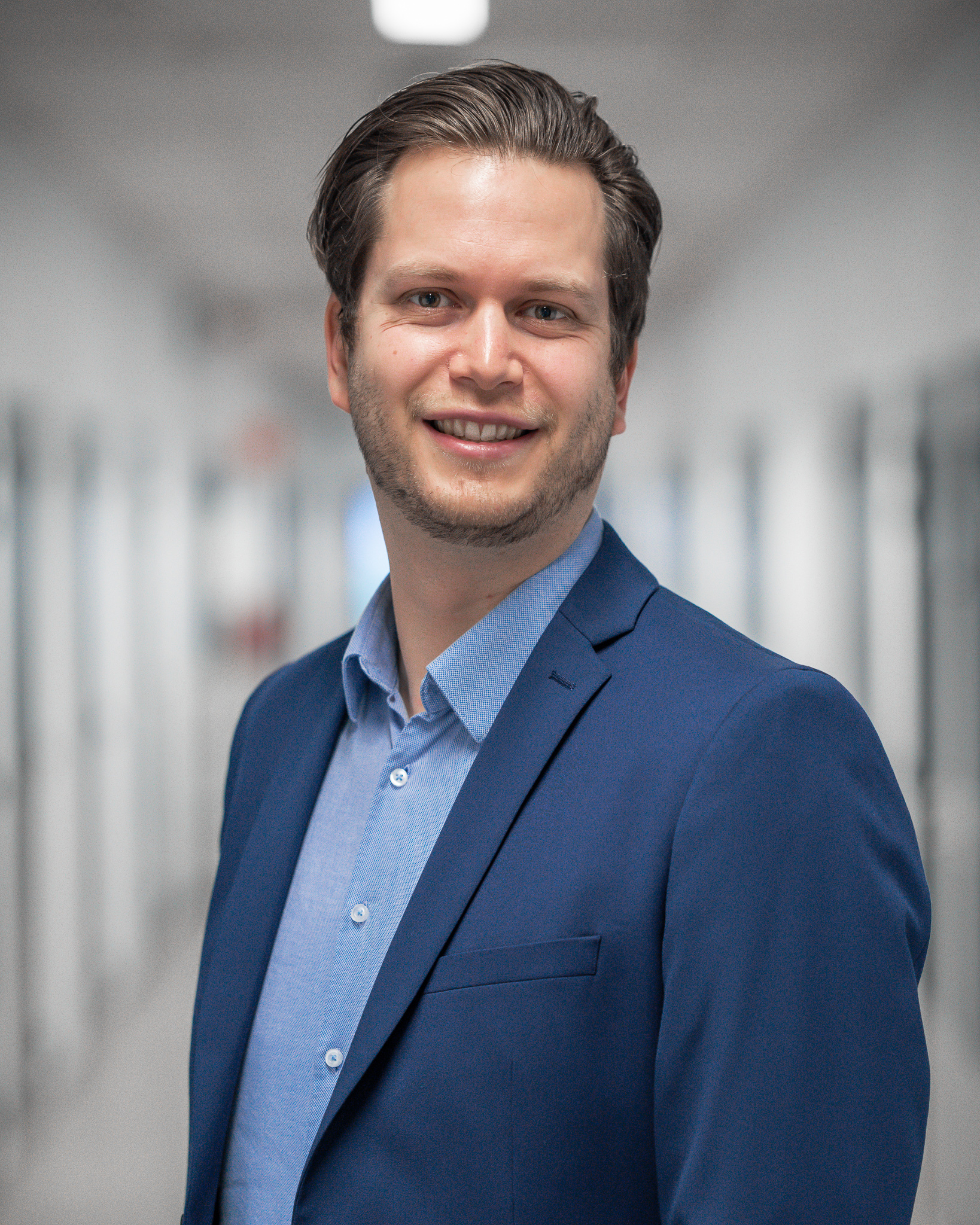
As a researcher, Jonas studies the effects of mass transfer, hydrodynamics and electrode geometry in the field of electrochemical engineering. Electrochemistry is one of the answers to a greener and a more renewable chemical industry. For instance, electrochemical process typically occur at ambient conditions, no longer requiring to heat up the process like in conventional chemical processes. Hence, utilising renewable electricity to drive the reaction, the process can proceed much more efficiently. In addition, electrochemistry offers a way to store energy in a chemical way for instance through the production of hydrogen gas or (flow) batteries. This allows our society to make the shift from a fossil based economy to a green and sustainable one.
The electrode surface at which the electrochemical reaction takes place is the heart of any electrochemical process. Consequently the transport of reagents towards this surface are crucial and should be large enough to obtain a satisfying yield. Jonas investigates how to improve these parameters for instance through the development of innovative, ordered 3D electrodes and flow profiles

